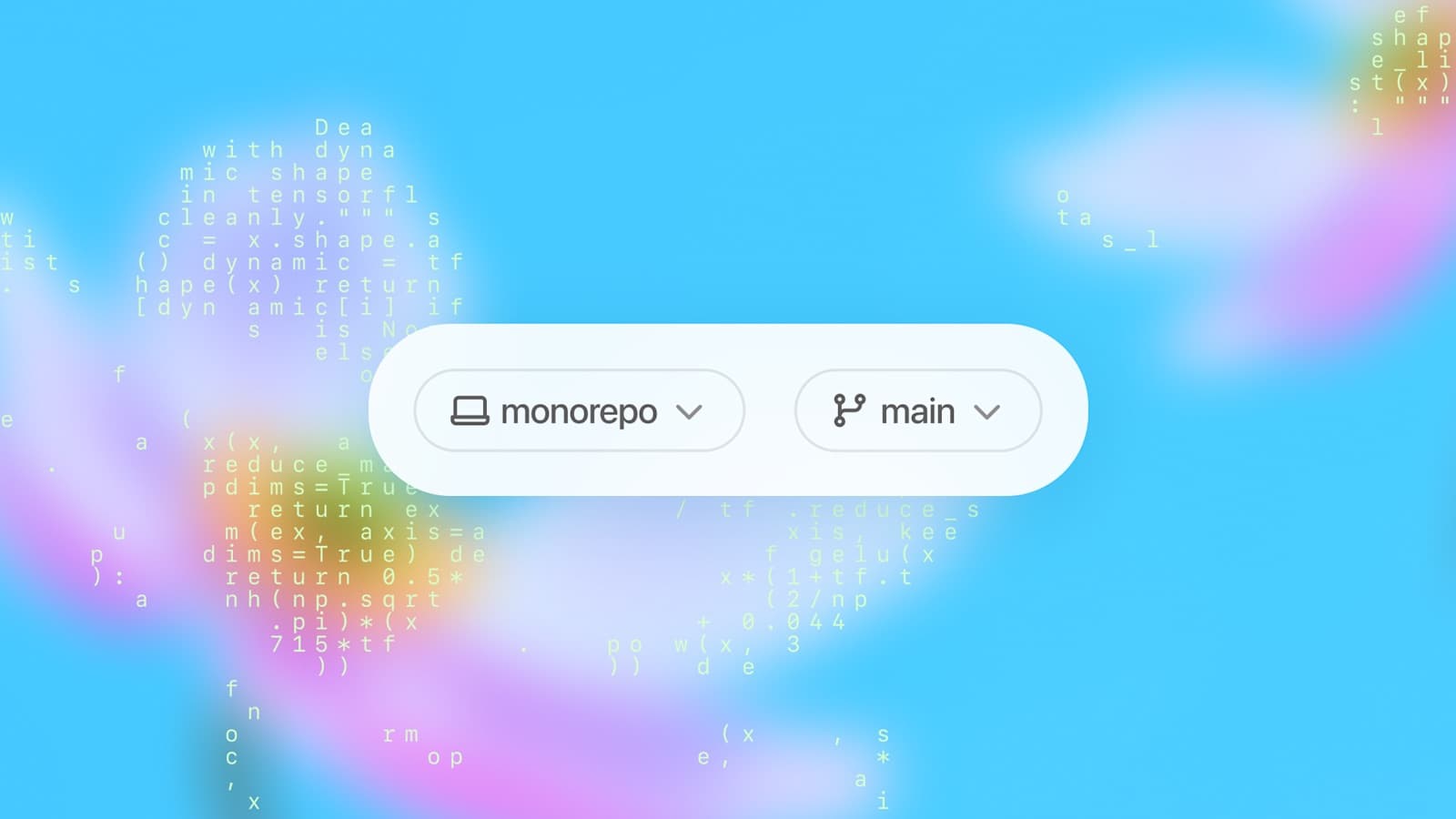We're loading the full news article for you. This includes the article content, images, author information, and related articles.
OpenAI has launched ‘Codex,’ a new AI coding assistant integrated into ChatGPT and powered by the `codex-1` model (a GPT-4o variant). Codex is designed to handle software development tasks like writing code, generating tests, and fixing bugs with greater accuracy.

San Francisco, CA – OpenAI has officially launched Codex, a new AI-powered coding assistant integrated directly into ChatGPT, marking a major milestone in the evolution of developer productivity tools. Powered by the newly introduced codex-1 model—a specialized offshoot of OpenAI’s flagship GPT-4o architecture—Codex is designed to streamline and accelerate software development through natural language interaction.
Codex enables developers to write, debug, and refactor code by simply describing their goals in plain English. Whether it’s implementing new features, generating unit tests, identifying logic errors, or even performing end-to-end debugging, Codex is built to handle a wide array of common (and complex) software engineering tasks. OpenAI states that the codex-1 model offers a significant leap forward in code accuracy, clarity, and efficiency when compared to previous versions of Codex or general-purpose GPT models.
“With Codex, we’re giving developers a collaborative partner that understands code and natural language with exceptional fluency,” said an OpenAI spokesperson. “It’s not just about writing code faster—it’s about empowering engineers to think at a higher level while the AI takes care of the implementation details.”
Unlike earlier iterations of Codex, which were limited to specific IDE integrations or platforms, the new version is fully embedded into the ChatGPT experience, making it more accessible and interactive. Developers can ask ChatGPT to write code in virtually any modern language, from Python and JavaScript to Rust and Go, and Codex will return functional, human-readable code that adheres to best practices. Moreover, users can now ask follow-up questions, request code optimizations, or walk through logic step-by-step—all within a conversational interface.
The assistant also boasts improved contextual awareness, enabling it to reason across multiple files or programming environments. For instance, a user working on a full-stack application can ask Codex to connect frontend and backend components, configure deployment scripts, or generate database schemas—all while maintaining continuity across different programming layers.
OpenAI has emphasized that Codex is not a black box. Developers maintain full visibility into the code it generates, allowing for auditability, modification, and manual oversight—key aspects for ensuring software reliability, especially in professional and production environments.
The launch of Codex is part of OpenAI’s broader initiative to transform ChatGPT into a general-purpose assistant for both everyday and specialized tasks. In the realm of software engineering, Codex stands to reduce cognitive overhead, eliminate repetitive coding chores, and democratize access to software development by lowering the entry barrier for non-traditional programmers.
As AI continues to reshape workflows across industries, OpenAI’s Codex may well become an essential tool in the modern developer’s toolkit—augmenting human creativity with machine precision.
Keep the conversation in one place—threads here stay linked to the story and in the forums.
Sign in to start a discussion
Start a conversation about this story and keep it linked here.
Other hot threads
E-sports and Gaming Community in Kenya
Active 9 months ago
The Role of Technology in Modern Agriculture (AgriTech)
Active 9 months ago
Popular Recreational Activities Across Counties
Active 9 months ago
Investing in Youth Sports Development Programs
Active 9 months ago